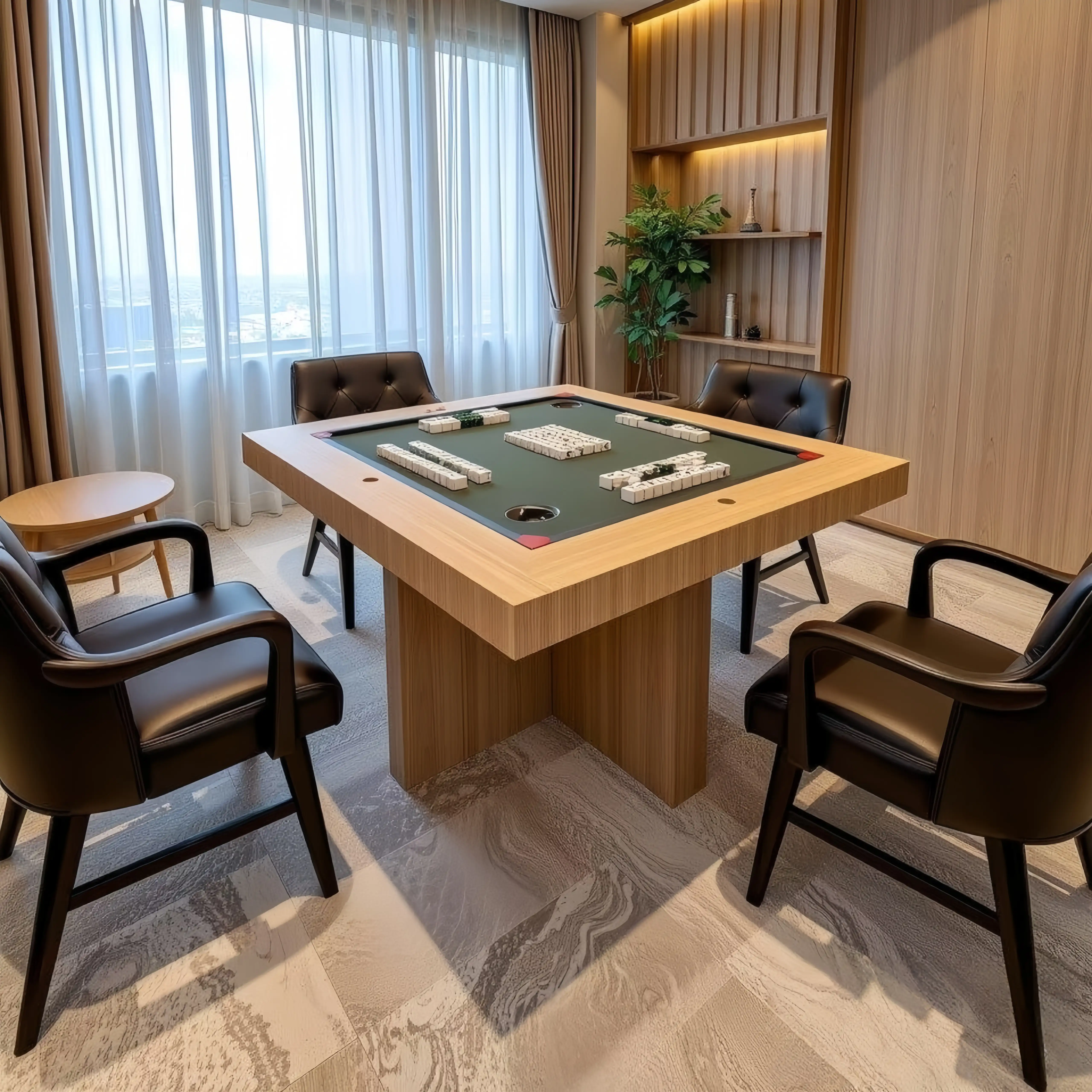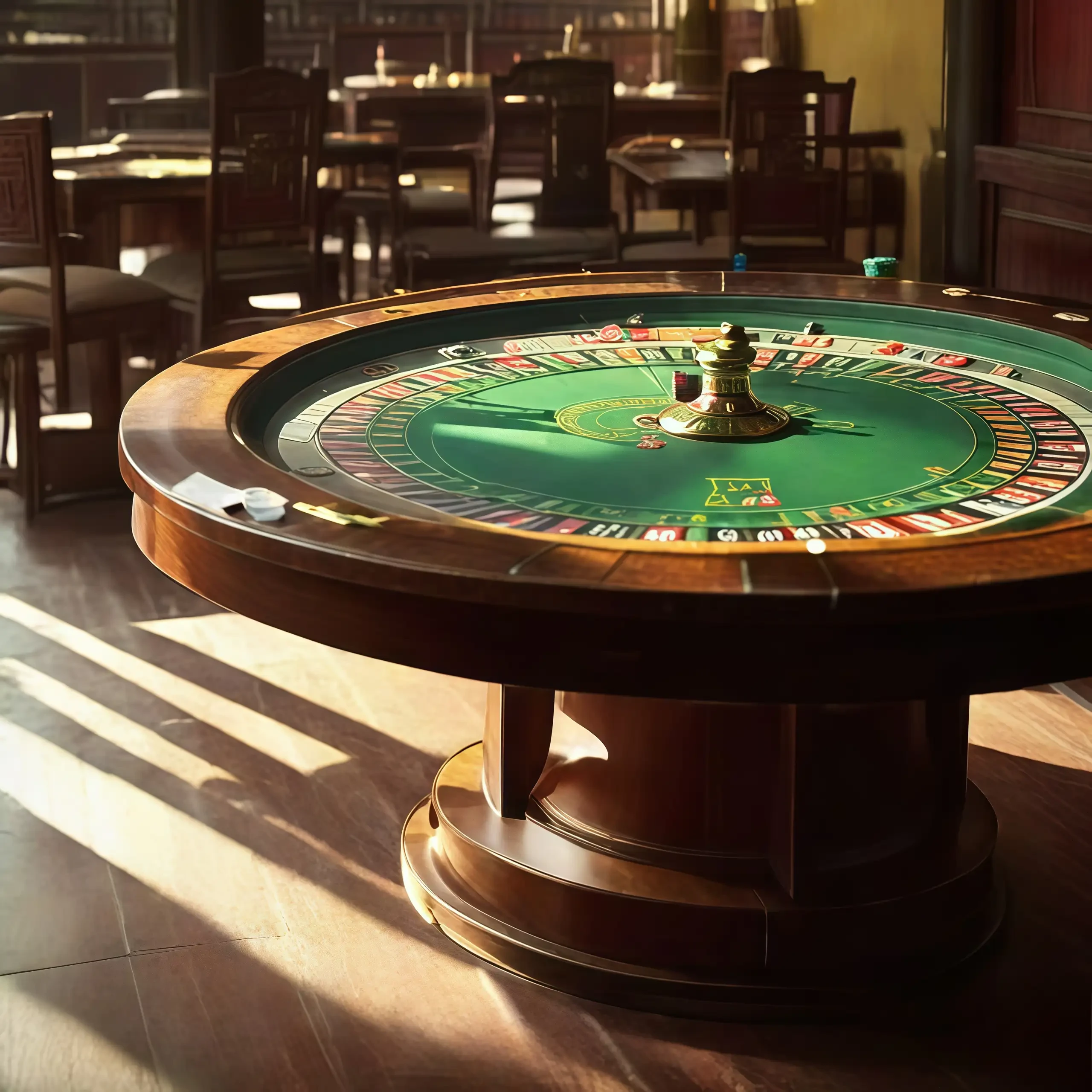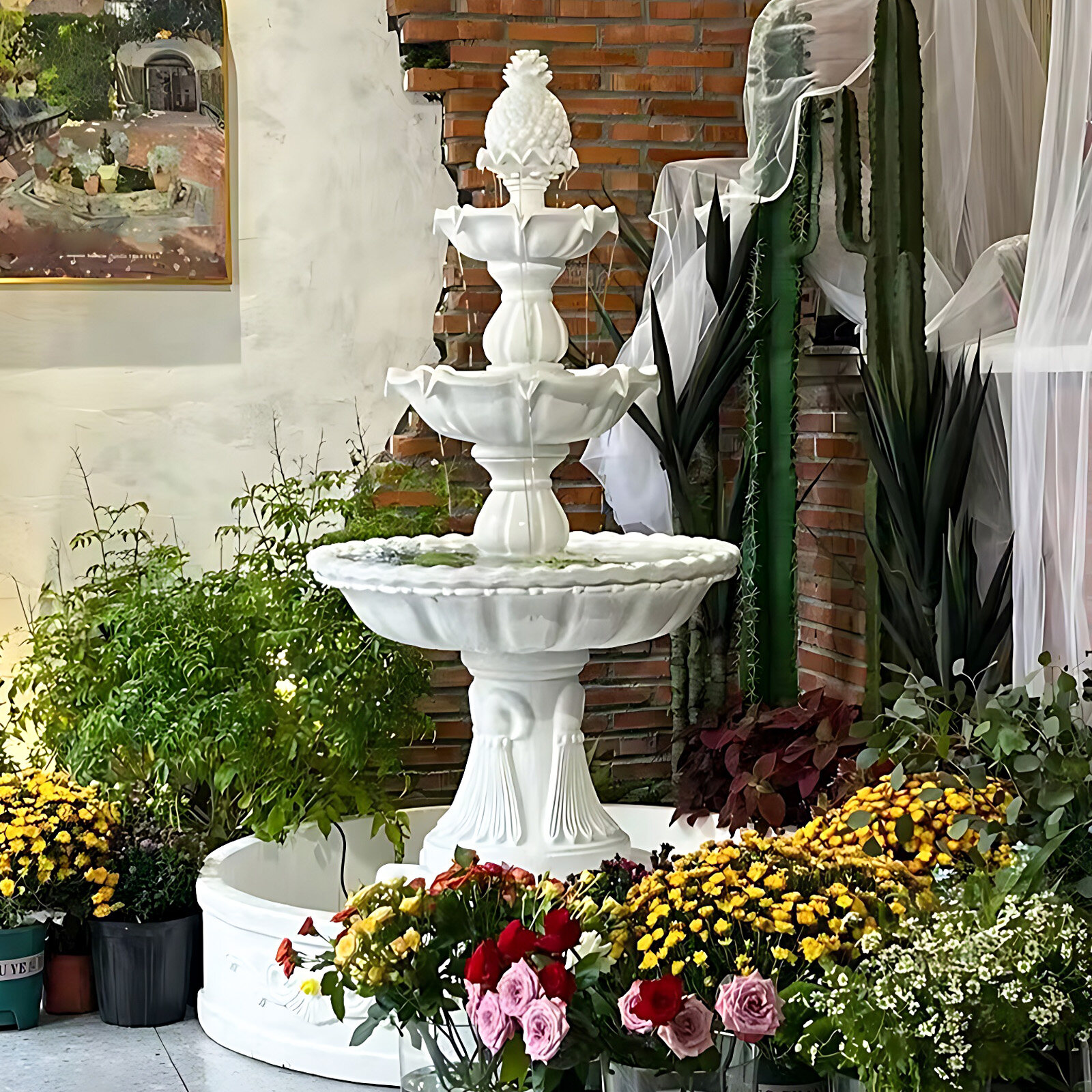There are many answers to many things in this world, and perhaps you cannot give the answer even if you are asked. However, if you ask which kind of wood is the most representative, has the most Chinese cultural characteristics, and is most widely used among the people in China, I believe that people in the south of the Yangtze River will say - fragrant fir.
▲Rongan Xiangshan▲
The status of fragrant cedar is aptly portrayed in the Chinese people's impression of the elegance and calmness of Jiangnan ink painting. The 2nd-century BC Erya, "Explanation of Wood," mentions the fir tree: "It resembles pine and grows south of the Yangtze River. It can be used for boats and coffins, as pillars, and will not decay even when buried." Written records of the planting of artificial fir forests exist as early as the Tang and Song dynasties, over 1,000 years ago. For 5,000 years, fragrant cedar has been a constant companion to Chinese history and culture. South of the Yangtze River, gardens, pavilions, and even household objects are inseparable from fragrant cedar. Its culture is an integral part of traditional Chinese culture, rivaling that of silk, tea, and ceramics.
▲ Jiangnan Xiangshan Architectural Culture ▲
For us, the subtle fragrance of fragrant cedar is sweet, refreshing, and uplifting. As recorded in the Tang Materia Medica, the Compendium of Materia Medica, and the Lingnan Collection of Medicinal Herbs, cedar has the benefits of "repelling filth, relieving pain, dispersing dampness and toxins, and relieving adverse qi and abdominal pain." Fragrant cedar, with its unique aroma, is insect-resistant, moisture-resistant, and rot-resistant. Living in this environment for a long time can alleviate fatigue, relieve anxiety, fight cancer, and promote a healthy mind. For thousands of years, Chinese people have chosen fragrant cedar as a primary building and home material. Besides its insect-resistant, rot-resistant, and durable properties, it also offers a refreshing and uplifting experience. Furthermore, fragrant cedar enhances the living environment to a state of perfection and beauty, and in art, it imbues a uniquely simple and authentic Jiangnan atmosphere. Those who understand fragrant cedar, beyond its immediate sensory stimulation, truly appreciate its rich and profound cultural history.
▲Architectural culture of ethnic minorities in Jiangnan▲
If you're a Liuzhou resident, you've probably heard this story. During the Tang Dynasty, during the tenth year of the Yuanhe reign of Liu Zongyuan, a magistrate in Rongshui died. His family couldn't even afford a coffin. Upon learning of the magistrate's death, Liu Zongyuan, moved by his righteous character, reported his deeds to Emperor Xianzong, who decreed a lavish burial. Liu Zongyuan personally traveled to Rongshui to arrange the magistrate's funeral, but couldn't find good wood for a coffin. Suddenly, he heard someone nearby mention a thousand-year-old fragrant cedar tree on the west mountain of Rong'an. Zongyuan rushed to Rong'an and found a tree there, so tall that it required six men to stand around it. Zongyuan ordered it to be felled, but the tree, possessing a spirit, refused to fall even after being cut down. Confused, Liu Zongyuan returned to the foot of the mountain, bathed and changed his clothes, prepared offerings, and once again visited the cedar tree, burning incense and praying for the reason for its felling. After the ceremony, the cedar tree slowly fell, drifting down the Rong River to the Rongshui River. Zong Yuan arranged for a coffin to be made of a whole log and buried the magistrate of Rongshui County. To this day, the coffin has not decayed. As a result, the saying "eat in Guangzhou, die in Liuzhou" has been passed down through the ages, and the Rong'an Fragrant Cedar has become famous throughout the world.
▲ Xiangshan▲
Regardless of the truth of this story, and regardless of whether the thousand-year-old cedar trees truly possess spirituality, the ancestors of southerners can be said to have had an inextricable bond with cedar throughout their lives. It could be said that cedar accompanied them throughout their lives, from their first bath in a cedar tub; to their homes built from cedar; to their furniture, tools, and daily necessities, including living, storage, and labor. Even today, many southerners are buried in a fine cedar coffin. For thousands of years, cedar has been a constant companion. Southerners' residential and architectural culture is inseparable from cedar, and they hold a unique sentiment for it. The people of Jiangnan believe that no home is complete without cedar, a result of millennia of continuous selection from a wide variety of woods, tailored to the local geological and climatic conditions.
After all, cedar is still cedar. Modern people pursue fashion and a fast pace. Cedar logs, which require meticulous carving, are difficult to meet the modern people's demand for ready-to-move-in housing. As a result, many people miss out on cedar, the best home furnishing material.
However, now, Guangxi Zhuangxiang Wood Industry has selected Rong'an's high-quality fragrant fir and used high-tech technology to redefine interior decorative panels. The emergence of Zhuangxiang fragrant fir solid wood ecological panels has changed the home environment dominated by particleboard and medium-density fiberboard. Zhuangxiang fragrant fir solid wood ecological panels not only perfectly retain the fragrance of the fir alcohol and negative oxygen ions in the original wood, but also make the board surface wider and smoother; the surface of the fragrant fir solid wood ecological panels has been carbonized, which is high-end, exquisite, wear-resistant and scratch-resistant, and fashionable, fully meeting the personalized home decoration needs of modern people.
▲Modern Shanshan Home ▲
Whenever you step into a Xiangshan home, you will feel a sense of intimacy and natural freshness, which makes you feel happy. This may be the secret of Xiangshan.

 USD
USD
 GBP
GBP
 EUR
EUR






















































